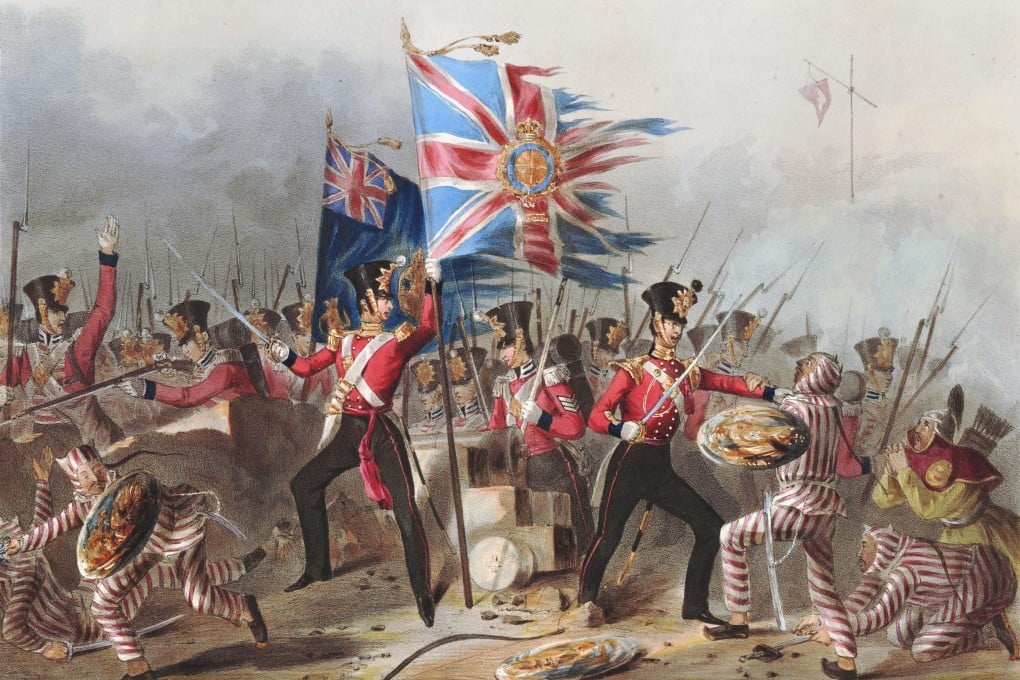On Reflection | In Hong Kong, China should learn from India’s healthy attitude to the British Empire
- Empire’s critics often fail to understand that imperial subjects are not passive recipients of coercion. They can make imperial structures their own
- The structures of British rule in Hong Kong – its legal system and free media – have become a way of life not as foreign intrusions, but as another way of being Chinese


In the summer of 2020, the debate over empire in Britain has concentrated on the question of whether it was good, bad or something in between. At one level, the question doesn’t really make sense. Empires depend on coercive power; they are not republics, nation-states or democracies and by definition depend on inequality. Defenders of the British Empire argue that it brought good things in its wake, such as rule of law (as if conquered countries had no legal system of their own) or railways (as if countries that resisted conquest could not have bought or built railways). Those arguments have a flavour of the old philosophical conundrum: if you rob a bank and give the money to an orphanage, does that excuse the robbery?
The ethics of empire cannot be understood without understanding the nature of power. That is the first principle that needs to be understood when judging empire.
